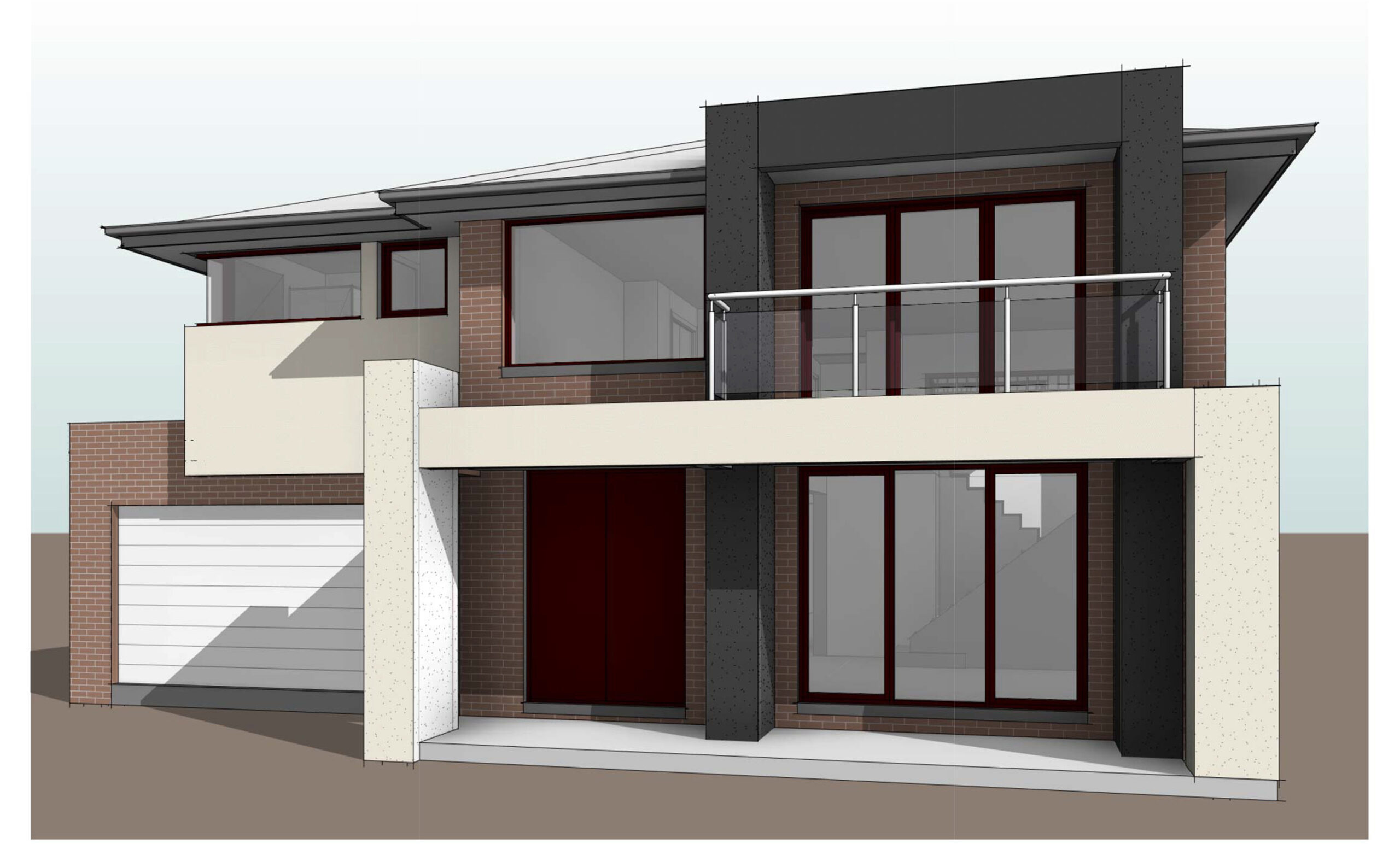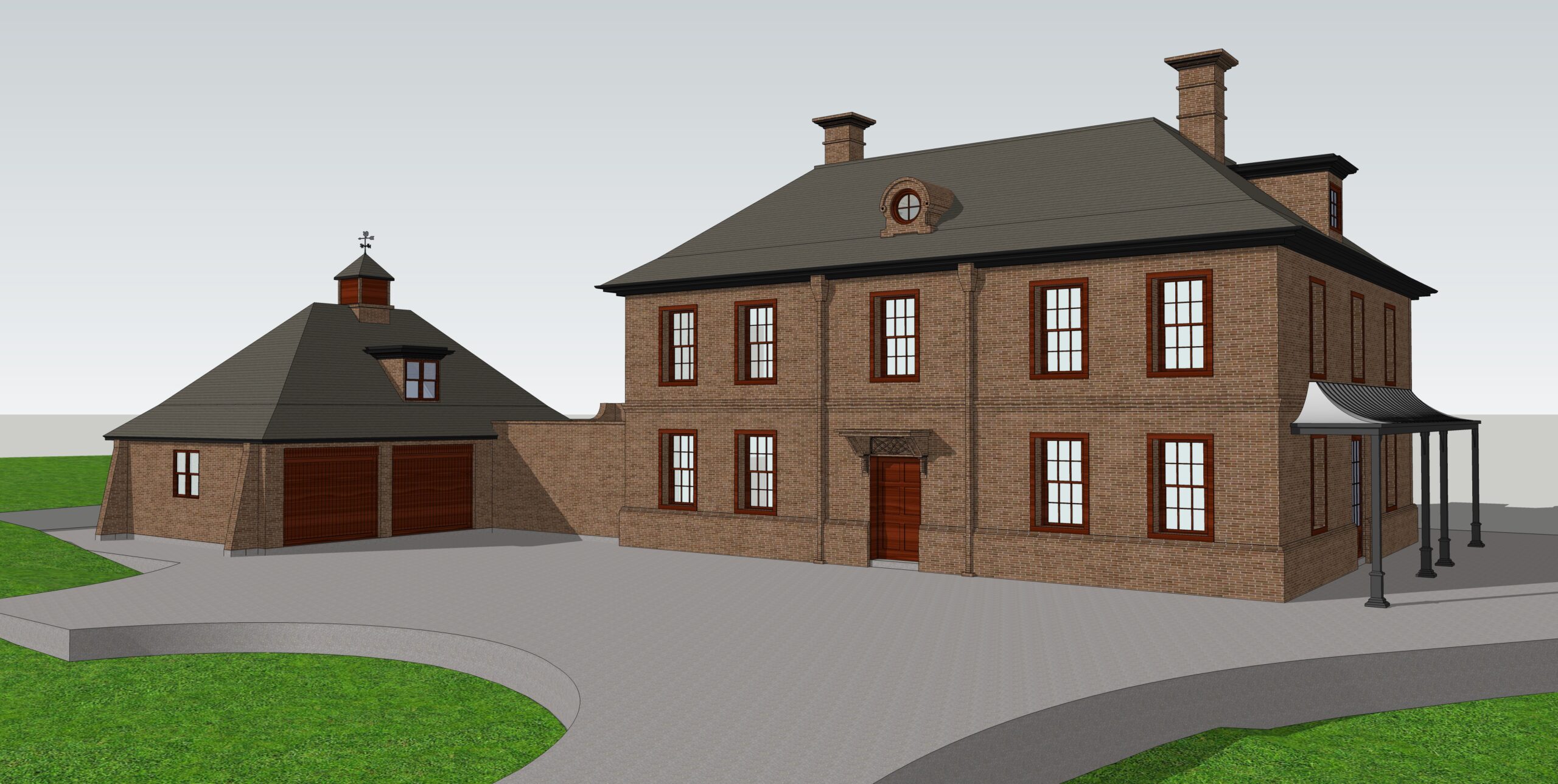Quality Control in Outsourced CAD Services: Ensuring Precision and Accuracy
Posted on : Nov 09, 2023
Outsourcing CAD services has become a common practice for businesses looking to streamline their operations and reduce costs. However, ensuring precision and accuracy in these outsourced services is paramount to the success of any project. In this article, we will explore the intricacies of quality control in outsourced CAD services, examining the challenges, techniques, and advancements that contribute to maintaining the highest standards.
Introduction
Outsourcing CAD services involves contracting external providers to handle Computer-Aided Design tasks. The appeal lies in cost-efficiency and access to specialized expertise. Yet, without stringent quality control measures, the precision and accuracy of CAD deliverables can be compromised.
Understanding CAD Precision
CAD precision refers to the degree of exactness in the design and drafting process. It encompasses factors such as geometric accuracy, tolerance levels, and adherence to project specifications. Precision is crucial in ensuring that the final product aligns with the client’s expectations.
Challenges in Outsourced CAD Services
Communication barriers, time zone differences, and varying quality standards among service providers pose significant challenges in CAD outsourcing. These factors can lead to misunderstandings, delays, and inconsistencies in the delivered work.
The Role of Quality Control
Quality control acts as the guardian of precision in CAD services. It ensures that the output meets predefined standards and aligns with the client’s requirements. Implementing robust quality control measures is not just a best practice but a necessity.
Quality Control Techniques
Standardization of processes, regular audits, and the use of collaboration tools are essential techniques for effective quality control in CAD outsourcing. Standardizing processes sets a benchmark for quality, audits provide checks at various stages, and collaboration tools enhance communication.
Ensuring Accuracy in Outsourced CAD
Calibrating equipment, providing comprehensive training for CAD technicians, and establishing mechanisms for real-time feedback and corrections are crucial steps in ensuring accuracy. These measures contribute to minimizing errors and maintaining precision throughout the project.
Selecting the Right Outsourcing Partner
Choosing a reliable CAD service provider is foundational to successful outsourcing. Evaluating providers based on criteria such as experience, expertise, and a proven track record helps in selecting partners committed to maintaining high-quality standards.
Technology Advancements in CAD
Technological advancements play a pivotal role in enhancing precision and accuracy in CAD services. Adopting the latest software and tools allows for more efficient design processes and ensures compatibility with evolving industry standards.
Client Responsibilities in Quality Control
Clients also play a crucial role in quality control. Providing clear project specifications, offering regular feedback, and maintaining open communication contribute to a collaborative environment that fosters precision.
Case Studies: Successful Quality Control Implementation
Examining real-world case studies illustrates the positive impact of effective quality control implementation. These examples showcase how businesses have achieved optimal precision and accuracy in their outsourced CAD projects.
Addressing Perplexity in CAD Services
Dealing with complex projects requires a nuanced approach. CAD service providers must have the expertise to navigate intricate designs and find innovative solutions, ensuring precision even in the face of perplexity.
Burstiness in CAD Outsourcing
The sudden influx of projects, or burstiness, is a common challenge in CAD outsourcing. Strategies for managing increased workloads while maintaining quality standards include scalable resource allocation and efficient project management.
Maintaining Specificity in CAD Projects
Avoiding generic solutions is key to maintaining specificity in CAD projects. Tailoring services to meet the unique needs of each client ensures that the final deliverables align with their expectations and requirements.
The Future of CAD Quality Control
As technology continues to evolve, the future of CAD quality control holds exciting possibilities. Predictions include advancements in artificial intelligence, automation, and a continued emphasis on staying updated with the latest industry trends.
Conclusion
In conclusion, quality control is the linchpin of success in outsourced CAD services. By understanding and addressing challenges, implementing effective techniques, and embracing technological advancements, businesses can ensure precision and accuracy in their CAD projects. The future promises even more opportunities for innovation and improvement in CAD quality control.




